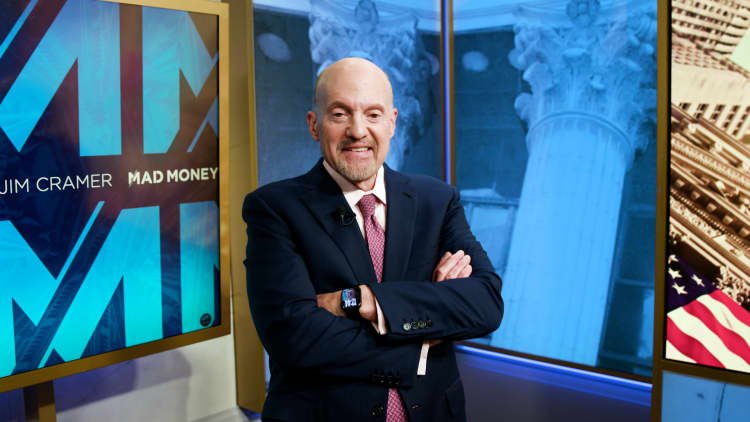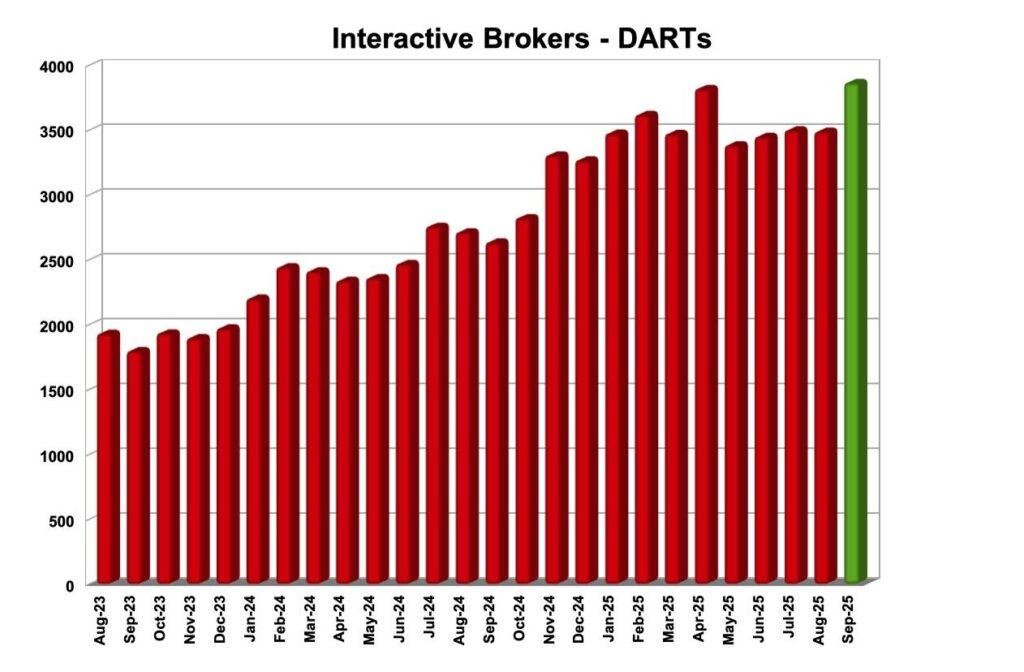Markets wrapped up the third quarter on a strong note, defying September’s reputation as one of the toughest months for the US stock market.
The S&P 500 (^GSPC) and Nasdaq (^IXIC) each logged their best third quarter since 2020 and strongest September since 2010, while the Russell 2000 (^RUT) recorded its best Q3 since 2009 as the Federal Reserve kicked off its rate-cutting cycle. The Dow Jones Industrial Average (^DJI) closed at a record high.
Read more: How the Fed rate decision affects your bank accounts, loans, credit cards, and investments
Over the past three months, the benchmark index climbed nearly 8%, led by outsized gains in the Technology (XLK) and Consumer Discretionary (XLY) sectors — a rally that underscored investor confidence in the economy’s resilience, even as sentiment sours amid shutdown concerns.
Still, Wall Street isn’t overly concerned that the looming shutdown will derail the market’s recent string of record highs.
Read more: How a government shutdown would affect your student loans, Social Security, and more
“Investors need to do nothing,” said Omar Aguilar, CEO and chief investment officer at Schwab Asset Management, noting that any market volatility would hinge on “the length of the shutdown” and the subsequent impact on data visibility for the Fed. “Once this all gets cleared out, things will come back to normal.”
“Normal,” of course, has changed from recent market cycles as today’s tech boom powers valuations to levels last seen during the dot-com bubble.
Among the quarter’s standout performers in the index were AppLovin (APP), Robinhood (HOOD), Western Digital (WDC), and Seagate (STX), names outside the Magnificent Seven that show how AI enthusiasm is broadening beyond the megacaps.
But the heavyweights held their own: Nvidia (NVDA) gained nearly 20% over the last three months while the once downbeat Intel (INTC) surged around 50%. Oracle (ORCL) stock gained over 30% in the quarter after landing a $300 billion cloud-compute contract with ChatGPT parent OpenAI, which sent shares up over 30% in a single day in early September.
“We’re in batting practice of a double header as it relates to the AI revolution,” Kevin Mahn, chief investment officer at Hennion & Walsh, told Yahoo Finance on Tuesday. “Batting practice is the AI infrastructure buildout. The games will ultimately involve the implementation of these AI algorithms that will transform the economy and society, and likely lead to returns on investment. But that’s years down the road.”
According to DataTrek Research, the 10 largest tech and tech-adjacent companies now make up nearly 39% of the S&P 500, up 2 full percentage points since the start of the year.
That’s equivalent to the combined weight of both the Real Estate (XLRE) and Materials (XLB) sectors within the S&P 500.
That leadership comes at a premium, however. The top nine tech names (excluding Tesla) trade at 36.5x forward earnings, versus 24.8x for the broader index. But investors appear willing to pay up, with earnings for those companies expected to grow nearly 19% next year, roughly 40% faster than the rest of the S&P 500.
That strength carried through to sector performance, with Technology leading the way — up more than 11% for the quarter — and Consumer Discretionary not far behind.
One obvious laggard? Consumer Staples (XLP). The companies behind everyday essentials like toothpaste and paper towels made up the only S&P 500 sector to finish the quarter in the red, down more than 3%.
Notable names such as Coca-Cola (KO), Costco (COST), and Colgate-Palmolive (CL) all moved lower over the past three months as investors rotated back into growth. That marks a sharp reversal from earlier in the year, when tariff concerns sent investors fleeing high-growth names for more defensive plays.
Allie Canal is a Senior Reporter at Yahoo Finance. Follow her on X @allie_canal, LinkedIn, and email her at alexandra.canal@yahoofinance.com.
Click here for the latest stock market news and in-depth analysis, including events that move stocks
Read the latest financial and business news from Yahoo Finance





